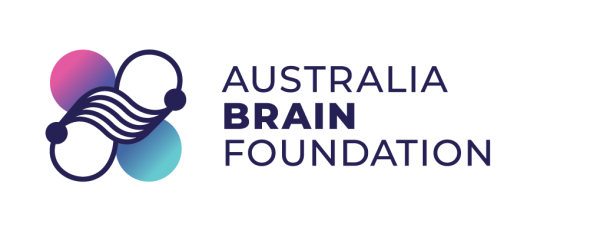Home » Research
Individualised functional targeting for rTMS: A powerful idea whose time has come?
Vila‐Rodriguez, Fidel, and Sophia Frangou.
This editorial provided an overview of the scientific progress towards personalisation of TMS in neuropsychiatric disorders using individualised functional targets (iFT).
In closing, Cash and colleagues have developed a tool that shows robust performance to be used to address relevant questions. This work along with concurrent efforts to develop similar iFT for other conditions such as Alzheimer’s disease or Schizophrenia may be signaling that psychiatry may be ready to embark in an era of precision medicine.
Identification of Personalised Transcranial Magnetic Stimulation Targets Based on Subgenual Cingulate Connectivity: An Independent Replication.
Siddiqi, Shan H., Anne Weigand, Alvaro Pascual-Leone, and Michael D. Fox.
This study was conducted by an independent research group to identify if the results from our study could be replicated using a different data set of people who undertook TMS for major depressive disorder. Crucially, the results were replicated, supporting that personalised TMS is possible when using an individual’s brain activity.
Having an independent research group validate our results using a different data set speaks strongly to the reliability of our methods.


All marketing related to ‘personalisation’, ‘accuracy’ and ‘reliability’ in these materials are based on the following ARTG listed devices: Localite TMS Navigator – Stereotactic neuronavigation/planning system – ARTG ID: 371108 Axilum Cobot for TMS – Transcranial magnetic stimulation system, mobile – ARTG ID: 370969 © 2023 Queensland Neurostimulation Centre as trading for Australia Brain Foundation. All rights reserved.